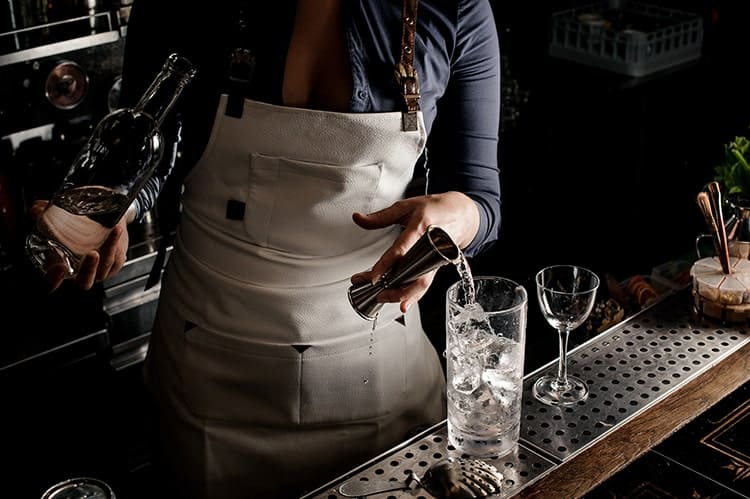
Find answers to the most commonly asked questions about our online alcohol server classes and how to get a Tennessee Server Permit FAQ for serving alcohol in the state of Tennessee. The solution will be here if you’re experiencing a problem or need help. Please make sure to look through all of the FAQ Knowledge Base content before contacting us to ensure you get what you need as soon as possible. This page is for the Tennessee Server Permit FAQ, specifically pertaining to the TABC Cards. If your question is of a more general nature, check out our General FAQs page.
If you cannot find an answer to your question after reviewing both pages, then contact our support team.
What do you need to be a server in Tennessee?
In order to serve as a server or bartender in Tennessee, you need to attend an approved responsible alcohol program and obtain a State-issued Alcoholic Beverage Commission Server Permit. This permit is valid for five years.
Do you need an ABC license to serve beer in TN?
“Yes, you need an On-Premise Permit (Server Permit) to serve liquor, wine, and high-gravity beer at an establishment that holds an On-Premise Consumption License (Liquor By the Drink License). The permit is valid for five years from the date of issue.”
How much is a server permit in TN?
Please make note of the following information:
Step 1: Visit the TABC website to complete the Server Permit Application. The application fee is $20. After completing this step, you will receive a Regulatory Licensing and Permitting System (RLPS) number. You will use this number to enroll in the Server Permit Class.
Step 2: Proceed to register for our online Server Permit training course. You must enter your personal information and RLPS number and pay the $32.50 class fee using a credit or debit card.
Step 3: Complete your online Server Permit Class. Each unit will conclude with a review quiz. Upon completing all the chapters, you will take a 40-question final exam. If you do not pass on your first attempt, you will have multiple opportunities to achieve a passing score.
I have already had a server permit. How do I renew?
The state requires individuals to complete a server permit class every five years, even if they already possess a server permit.
What is an RLPS number in Tennessee?
The RLPS number is a unique identifier given to applicants after they complete and pay for a Server Permit Application to the TABC (this is a separate fee from the training course). A+ Server Education uses this number to identify the student and links it to their final grade.


How long does a server permit last in Tennessee?
Server permits are valid for five (5) years from the issue date. Applicants can apply for this permit using RLPS. For more information on how to apply for a server permit, please visit the RLPS tutorial page.
What happens if I do not provide my RLPS number in Tennessee?
Your RLPS number is necessary for us to submit scores for Server Permit courses. If the provided number is fake or incorrect, TABC will not accept your training results, and you will not receive a permit.
What is an ABC card in TN?
If you plan to serve or sell alcoholic beverages in Tennessee, you’ll need to obtain an Alcoholic Beverage Control license from the state. These licenses, also known as ABC cards or Server Permits, ensure that all individuals serving and selling alcohol have a fundamental understanding of the relevant regulations and requirements.
What license do I need to bartend in Tennessee?
The State of Tennessee requires all servers and bartenders serving alcohol to complete an approved responsible alcohol program and obtain a State-issued Alcoholic Beverage Commission Server Permit, which is valid for five years.
Is checking identification mandatory in Tennessee?
In Tennessee, the law does not require on-premise alcohol servers to check everyone’s ID. However, they must check the ID of anyone who appears to be under 21 years old. The Tennessee Alcoholic Beverage Commission (TABC) recommends checking the ID of anyone who looks younger than 40, as it can be difficult to accurately identify someone who is 21. This practice helps to ensure that alcohol is not served to minors.